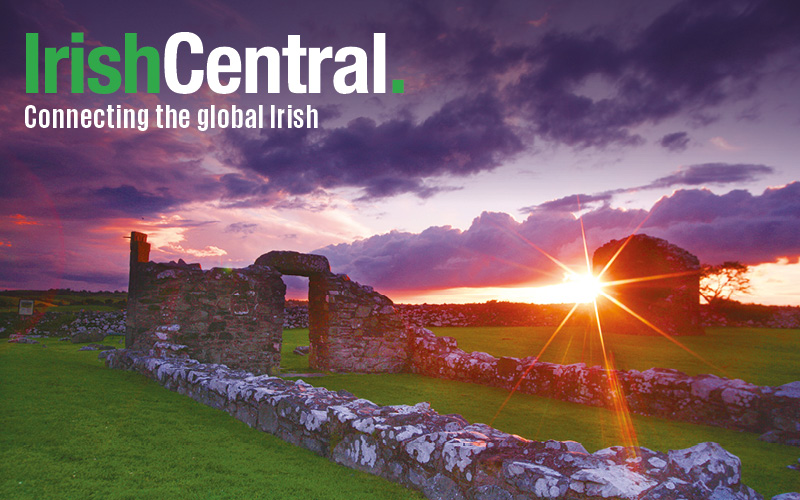| Michael D Higgins speaking at the IN-NYC (Credit:James Higgins) |
Ireland’s new president, Michael D. Higgins, is a public intellectual turned politician, the best since Vaclav Havel, the former Czech president.
Intellectuals do not do politics normally, which makes Higgins an unusual case to begin with.
But last night at the American Irish Historical Society in Manhattan, the glittering building on Fifth Avenue across from the Metropolitan Museum, Higgins proved how wise the Irish electorate were in choosing him.
It was no easy crowd to please, a pastiche of Manhattan Irish great and good, many jaded by years of such events.
But you could hear a pin drop during his remarks.
Higgins, 71, delivered the annual Thomas Flanagan lecture with aplomb and vision, making favorable comparisons in many minds with his predecessors Mary McAleese and Mary Robinson.
You don’t get more complimentary than that.
----------------
Read more:
New Irish president impresses major Irish Americans
Chinese are coming and building one of the biggest developments in Ireland
----------------
Well maybe you can -- Don Keough, Chairman emeritus of the AIHS board and former Coca Cola President and Notre Dame Chairman stated that the Higgins comments were the best he had heard on the relationship and would reverberate in history and would be studied by future historians.
Fulsome praise indeed from the man who many consider the unofficial leader of Irish America.
The theme was the Irish need and ability to reinvent themselves at a time when the country desperately needs to do so again.
Higgins stressed that the Irish abroad were a vital part of that reinvention, that the very act of emigrating forces a major reinvention and remaking of the self to begin with.
Higgins stated that the Irish in Ireland had much to learn from the ability of the Irish in America to surf those treacherous waters, to reinvent themselves and climb up from starving Famine refugees to the pinnacle of American life.
He also showed how Irish America had helped save aspects of Ireland and its culture. Francis O’Neill, a Chicago policeman, had collected and saved thousands of Irish airs and musical pieces and sparked the later Celtic music revival music for new generations.
He noted that without the support of men like John Devoy and John Boyle O’Reilly, Irish self-determination such as it is would never have been achieved.
Higgins spoke of the despairing tone of the editorials in the Times of London after the Famine when they realized the Irish were spread to the four winds and the memory of what Britain has done during the Famine would never be forgotten. The Times was indeed prescient in that.
Higgins will play a vital role in Irish and Irish American relations these next seven years of his presidency. He is able to articulate and identify the ties that bind and his presidency will be an important buffer against little Irelanders who want nothing to do with the Diaspora and denigrate it every chance they get.
Higgins clearly thinks very differently and his trip to America is making that clear.
As Doctor Kevin Cahill, President General of the AIHS, stated, “President Higgins represents the nobility - and mobility – of the Irish people, both at home and abroad.”
The universal respect for him came from “his unquestioned command of all aspects of the culture of his people, and from the respect and affection that he had won across the political spectrum.”
Indeed.




Comments